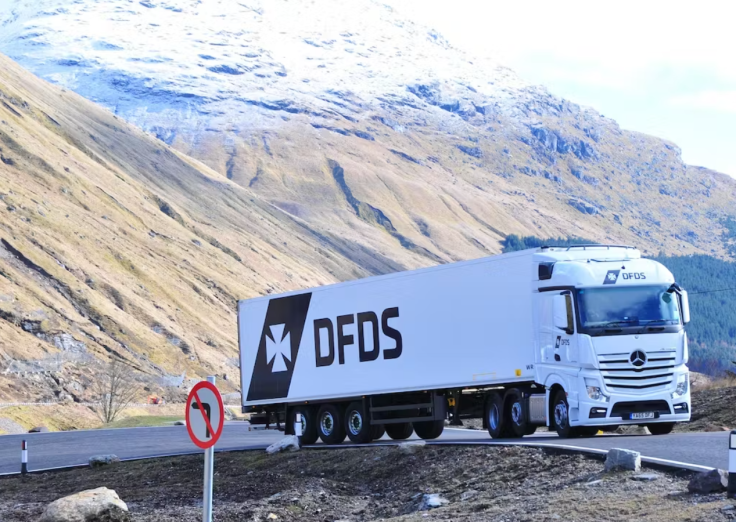Why Refrigerated Transportation Is Critical For Supply Chain Success
This specialised logistics solution guarantees product integrity

Refrigerated transportation plays a vital role in supply chains because it ensures that temperature-sensitive goods reach their destinations in optimal condition. This specialised logistics solution guarantees product integrity, from fresh produce to life-saving vaccines. However, the process is fraught with challenges, requiring precise execution and innovative solutions.
Refrigerated transport is more than cold storage; it's the linchpin of modern logistics and demands precision, adaptability, and sustainability.
What Makes Refrigerated Transportation Unique
Refrigerated transportation stands apart due to its critical role in preserving temperature-sensitive goods. Precision is everything; even slight deviations in temperature can result in spoilage, quality degradation, or compliance violations. This sector caters to various industries, including food and beverage, pharmaceuticals, and chemicals.
Whether delivering fresh produce, dairy, and frozen foods, ensuring vaccines and medicines remain viable, or transporting temperature-sensitive industrial chemicals, refrigerated transport is a high-stakes game where a single degree can mean the difference between quality and waste. These unique demands make it an indispensable part of global logistics.
Key Challenges in the Industry
Despite its importance, refrigerated transportation faces numerous challenges. Maintaining a stable temperature is tricky, especially during loading and unloading, where fluctuations are common. Meeting strict regulations, like HACCP for food safety or GDP for pharmaceuticals, adds to the complexity.
Moreover, equipment reliability is a constant concern, as malfunctioning refrigeration units can lead to catastrophic losses. Even with new technology, consistent standards across regions remain a big problem. This inconsistency makes operations harder and increases risks, requiring shippers and carriers to stay extra careful.
Best Practices for Shippers and Carriers
Shippers and carriers can mitigate risks and enhance efficiency by adopting certain best practices. Here are key best practices:
- Pre-cooling trailers to ensure the correct temperature before loading, preventing thermal shock
- Regular equipment maintenance, including routine checks on refrigeration units and monitoring systems
- Real-time monitoring using IoT devices to track temperature and humidity throughout the journey
- Training personnel in handling temperature-sensitive goods to reduce human errors
- Choosing partners who prioritise proactive problem-solving over-reactive measures
- Building strong partnerships to minimise risks and improve outcomes
The Future of Refrigerated Logistics
The refrigerated transport industry is changing quickly, with exciting innovations like sustainability initiatives, IoT integration, and automation leading the way. Electric reefers and renewable energy-powered vehicles are becoming more widespread as companies aim to reduce their environmental impact. IoT-enabled tracking systems now offer real-time updates on temperature, location, and other key factors, giving businesses greater control and visibility.
Meanwhile, AI-driven automation streamlines operations by optimising routes and reducing delays. Despite these advancements, the industry faces challenges, especially finding the right balance between eco-friendly practices and maintaining efficiency. The future of refrigerated transport depends on merging sustainability with operational excellence, but progress in this area has been slow.
Why Precision and Sustainability Matter
Refrigerated transport isn't just a logistical service; it's a critical enabler of modern life. Its importance cannot be overstated, from ensuring the safety of perishable goods to meeting the rising demands of a globalised economy.
However, precision, sustainability, and innovation must take the main stage to meet future demands. Refrigerated transportation demands unwavering attention to precision and innovation. Businesses must evaluate their logistics strategies for long-term sustainability and efficiency.
Alex Rivers is a contributing gaming and casino writer with a passion for exploring industry trends, game strategies, and insider tips.
© Copyright IBTimes 2025. All rights reserved.





















